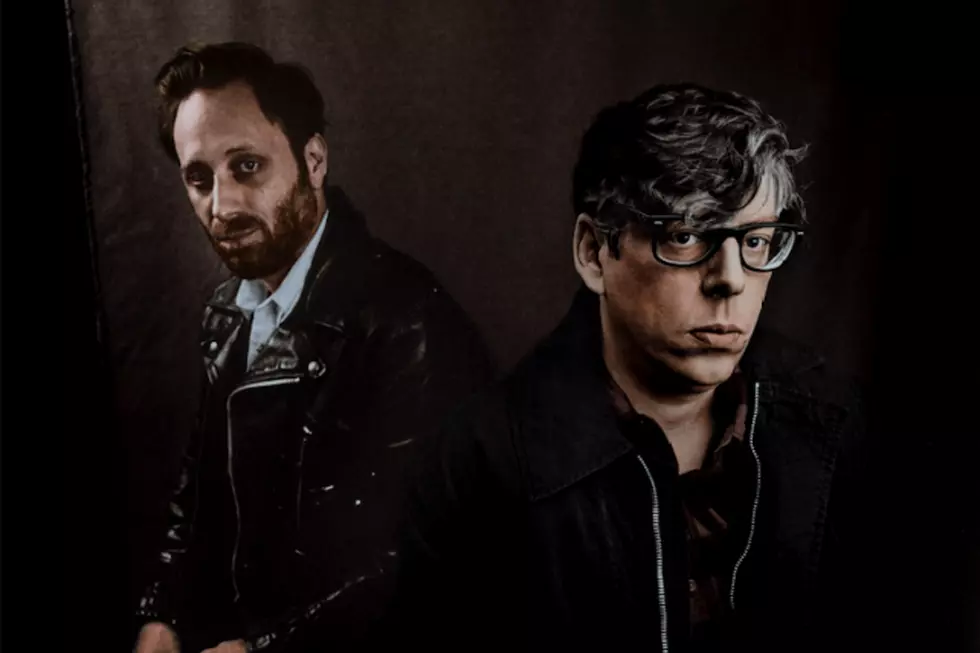
11 Years Ago: The Black Keys’ ‘The Big Come Up’ Album Released
When the Black Keys released their debut album, ‘The Big Come Up,’ on May 14, 2002, it didn’t sound like one of rock’s next big things. It really didn’t sound much like the future of anything, with its bluesy garage stomp so heavily rooted in the past. It’s raw, it’s primitive, it’s low-fi and it’s part of the early-‘00s indie-rock landscape that was grasping for some relevance in a post-millennium age run by machines.
And in that way, ‘The Big Come Up’ remains a significant, but flawed, work. Recorded on a basic eight-track machine in drummer Patrick Carney’s basement in Akron, the album pretty much sounds like what it is: two guys banging away on their instruments in an attempt to make music like the veteran bluesmen they listened to. But they weren’t old-school black men from Mississippi; they were two white kids from the Midwest who masked their limitations with volume.
‘The Big Come Up’ features originals penned by Carney and singer-guitarist Dan Auerbach along with covers of songs written by indie bluesmen R.L. Burnside and Junior Kimbrough, one Muddy Waters tune, the Beatles’ ‘She Said, She Said’ and a scorching take on the traditional ‘Leavin’ Trunk.’ And more often than not, they all fit within the LP’s overall scope, turning primal blues howls into garage-rock fuzzbox workouts.
The record’s stature has grown over the years with the Black Keys’ reputation. ‘The Big Come Up’ didn’t sell well upon its initial release, but it’s since approached the quarter-million mark. Auerbach and Carney would join the Fat Possum roster for 2003’s ‘Thickfreakness’ and finally wrangle their primitive impulses on 2004’s ‘Rubber Factory.’ You can still hear ‘The Big Come Up’’s roots in recent Keys albums like ‘Brothers’ and ‘El Camino.’ They’ll never shake the noise they made in Carney’s basement a decade or so ago. They probably don’t want to.
Listen to the Black Keys' 'The Big Come Up'
More From Diffuser.fm









